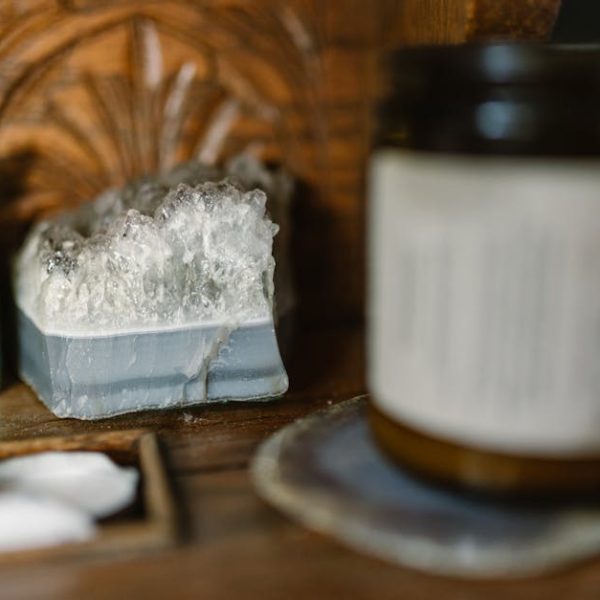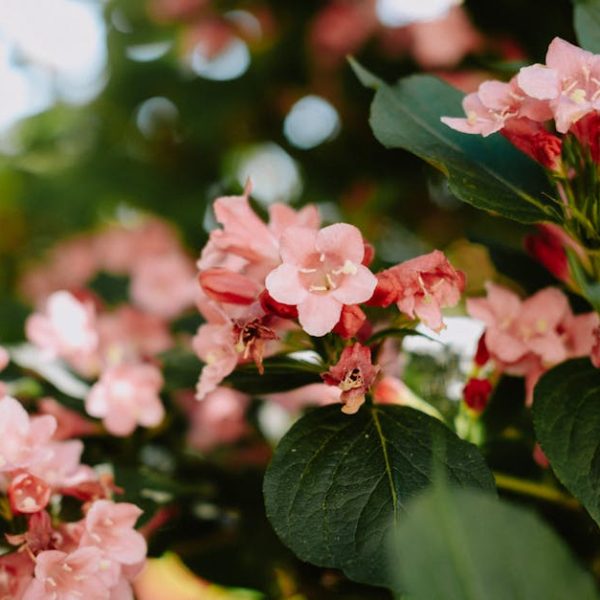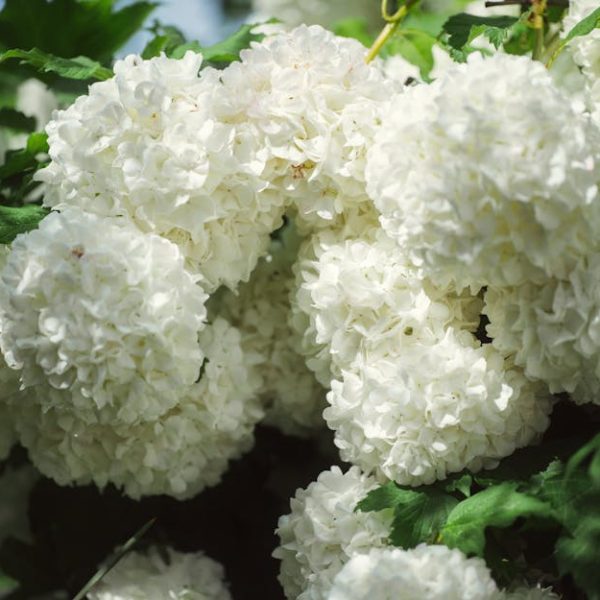Any seasoned gardener knows that soil is the lifeblood of a flourishing garden. A well-nourished and enriched soil can strengthen plant vitality and stimulate robust growth. One effective way to enrich your garden soil is through compost tea, a potent, nutrient-packed liquid gold fertilizer. Known for being an eco-friendly gardening solution, compost tea imbues your soil with tremendous health benefits, boosts your plant’s immunity, and promotes vigorous growth.
Understanding the Importance of Compost Tea
Compost tea, brewed from high-quality compost, is a fantastic way to supply your garden with a concentrated dose of beneficial bacteria, fungi, and nutrients. This remarkable liquid can enhance soil fertility and structure, stimulate beneficial soil organisms such as earthworms and microbes, and give your plants the goods to fend off diseases. Better yet, making compost tea is a sustainable gardening solution that aligns with eco-friendly protocols, making it a win-win for you and the environment.
- Eco-friendly gardening solution
- Promotes vigorous plant growth
- Enhances soil fertility and structure
- Stimulates beneficial soil organisms
- Boosts plant immune system
Components of an Effective Compost Tea Recipe
The secret to an effective compost tea lies in the quality of your ingredients. The core recipe typically includes a high-quality compost, preferably organic, various additives like molasses or Epsom salt, and an aeration tool. Each ingredient plays a crucial role: the compost provides essential nutrients, the additives act as a food source for beneficial bacteria and the aeration tool ensures a healthy oxygenation level, crucial for the proliferation of aerobic microbes.
Here’s a rundown on these key components:
– High-quality compost – Provides essential nutrients
– Molasses – Feeds beneficial bacteria
– Aeration tools – Encourages oxygenation and bacteria growth
Guide to Making Compost Tea at Home
Brewing compost tea at home doesn’t require a chemistry degree. All you need is your mixture of ingredients, water, and a little patience. The brewing period can vary based on the particular recipe, but typically ranges from 24 to 48 hours. Maintaining proper aeration throughout the brewing process is crucial, as it helps to prevent the concoction from turning anaerobic, which could create a habitat for disease-causing bacteria.
To ensure you have a successful brew, remember these pro tips:
- Use well-decomposed, organic compost.
- Aerate the tea constantly to maintain oxygen levels.
- Don’t overbrew the tea; 24-48 hours is usually sufficient.
Remember, perfecting your compost tea recipe may take some trial and error but stick with it. The rewards will be evident in your blooming, healthy garden.
Mistakes to Avoid When Making Compost Tea
While brewing compost tea is a straightforward process, there are a few common pitfalls you should steer clear of. Using poor quality or poorly decomposed compost can negatively impact the effectiveness of your compost tea, making it less nutrient-rich and potentially harboring harmful bacteria or fungi. Overcrowding your brew with too much compost or letting it sit too long can also create an environment conducive to anaerobic microorganisms, turning your would-be miracle brew into a garden-invading nightmare.
Here’s a handy checklist to help you steer clear of these mistakes:
– Ensure compost is well-rotted and mature.
– Maintain constant aeration.
– Avoid overcrowding the brew with too much compost.
– Do not use compost that shows signs of mold or disease.
Applying Compost Tea to Your Garden
Once brewed to perfection, applying compost tea to your garden can be as simple as watering your plants or can be done using a sprayer for a more even distribution. It’s best to apply the tea in the early morning or late afternoon when evaporation is minimized, ensuring maximum soil absorption. Regular applications can enhance overall plant health and reduce the dependence on chemical fertilizers, helping to create a more sustainable garden.
Here are some best practices when applying your compost tea:
– Apply compost tea in the early morning or late afternoon.
– Use a sprayer for even distribution.
– Regular applications can help boost plant health and reduce the need for chemical fertilizers.
To sum up, homemade compost tea is an easy, eco-friendly, and effective way to nourish your garden. Giving your plants a nutrient-rich concoction not only helps them thrive but also brings you one step closer to a sustainable and successful gardening experience. Happy brewing!
Key Takeaway:
- Compost tea is a nutrient-packed and environmentally friendly fertilizer for plants that enhances soil fertility, promotes healthy plant growth, and strengthens the plant’s immune system.
- An effective compost tea recipe requires high-quality compost, additives like molasses or Epsom salt, and constant aeration.
- Brewing compost tea at home usually takes between 24 and 48 hours, and it is essential to maintain continuous aeration to prevent anaerobic activity, which could harbor harmful bacteria.
- Common mistakes to avoid when making compost tea include using poorly decomposed compost, overcrowding the brew with too much compost, and not maintaining constant aeration.
- Homemade compost tea can be applied to the garden using a sprayer or just like watering plants, and regular applications can enhance plant health and reduce the need for chemical fertilizers.
Remember, producing high-quality compost tea may take some trial and error, but the rewards of a blooming, healthy garden make it worth the effort. Keep exploring this eco-friendly garden solution and rejoice in the progress towards environmental sustainability. Don’t be afraid to learn and innovate, happy brewing!
FAQs
Q: Can I use other types of sugar apart from molasses in my compost tea recipe?
A: Yes, you can use other forms of sugar such as raw cane sugar or fruit juice. They are beneficial as they feed the beneficial bacteria in the compost.
Q: How do I know if my compost tea has turned anaerobic?
A: An easy indicator is the smell. If your compost tea smells foul or rotten, it has likely turned anaerobic and you should not use it on your plants.
Q: Can I re-use the compost used in making compost tea?
A: Once compost has been used to brew compost tea, it has essentially given up most of its nutrients and should not be reused for making another batch of compost tea.
Q: Can I store my leftover compost tea for future use?
A: Compost tea should ideally be used immediately after brewing. Storing it can lead to anaerobic conditions, producing undesirable bacteria.
Q: What types of plants benefit most from compost tea?
A: Compost tea is beneficial for all types of plants. It enhances the plant’s immune system, provides each plant with vital nutrients, and encourages a healthy micro-ecology around the plant’s root system.
Enjoy exploring more about compost tea and other gardening tips on our website. Be sure to share this knowledge with your fellow gardeners, so we can all cultivate a greener, healthier world together.






